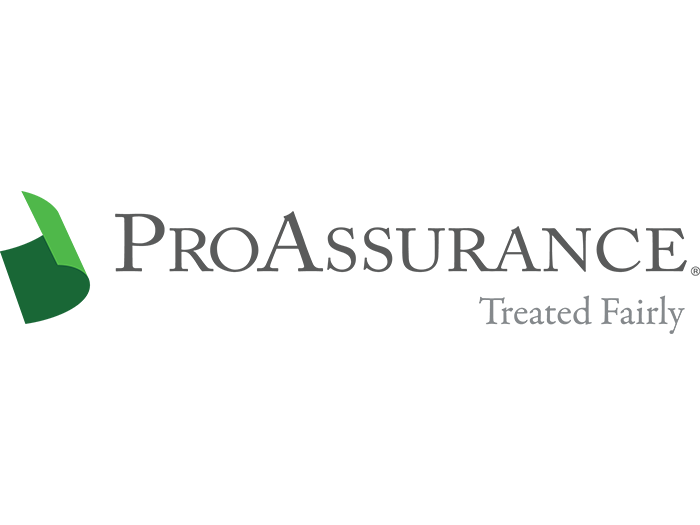The State of the States
Regulatory Review

California
Medical Fee Schedule
The Division of Workers’ Compensation updated the physician services and non-physician practitioner services fee schedule portion of the official medical fee schedule to conform to changes in the Medicare system. Medicare’s practitioner services medically unlikely edits table was adopted. The division also adopted the Medicare quarterly update to the physician/practitioner national correct coding initiative edits. The changes went into effect for services rendered on or after Oct 1. Click here for more information.
ICD-10 Implementation
The Division of Workers’ Compensation adopted changes to a medical billing regulation and to the medical billing and payment guide to postpone the ICD-10 compliance date until Oct. 1, 2015. The Department of Health and Human Services issued a final rule postponing use of the OCD-10 until Oct. 1, 2015 for Health Insurance Portability and Accountability Act-covered entities. The administrative director amended the medical billing and payment guide to align the workers’ compensation ICD-10 transition date with the transition date applicable to HIPAA-covered entities and the broader health care sector.
Hawaii
Medical Fee Schedule
The Department of Labor and Industrial Relations proposed amendments to the workers’ compensation medical fee schedule and billing codes in the supplemental medical fee schedule. The supplemental medical fee schedule will be dated Jan. 1, 2015. The department held a public hearing on Nov. 20.
Massachusetts
Cost-of-Living Adjustments
The Department of Industrial Accidents issued a circular letter regarding cost-of-living adjustments, maximum and minimum weekly compensation rates, and the attorney’s fees schedule. For injuries occurring on or after Oct. 1, the weekly compensation rate for temporary and total disability benefits is 60 percent of the worker’s average weekly wage before the injury, but no more than a maximum weekly compensate rate of $1,214, unless the AWW of the worker is less than the minimum weekly compensation rate of $243, in which case the weekly compensation is the worker’s AWW. The weekly compensation rate for permanent and total disability benefits is two-thirds of the worker’s AWW before the injury, but no more than the maximum weekly compensation rate of $1,214 or less than the minimum weekly compensation rate of $243. To be eligible for a COLA, the date of injury must have occurred at least two years before Oct. 1. The department noted that it will later establish an electronic submission process for COLA reimbursement requests.
Michigan
Health Care Services
The Department of Licensing and Regulatory Affairs, Workers’ Compensation Agency proposed amendments to the health care services rules and fee schedule. The rules were revised to provide the agency’s external customers with updated health care fee schedules for reimbursement to providers for treatment of injured workers and to guide providers and payers on the scope of reimbursement.
Ohio
Employer Application for Workers’ Compensation Coverage.
The Bureau of Workers’ Compensation proposed changes to a rule regarding an employer’s initial application for coverage. The rule sets forth the procedure the bureau will use when it is determined that an employer was required to obtain workers’ compensation coverage and failed to do so. An application for coverage must include the legal name and business entity type, employer’s address, the federal tax identification number or Social Security number of the employer, information related to the description of the employer’s operations, information related to whether the applicant purchased an existing business or has another associated policy, name of the owners or corporate officers, signature of the person completing the application, and a nonrefundable application fee. If the bureau receives an application that does not include all of the required information, it will attempt to contact the employer. If the employer does not provide the information, the bureau will deny the application.
Prospective Billing
The Bureau of Workers’ Compensation amended rules regarding prospective billing. The bureau amended a rule regarding officers of corporations, elective coverage entities, and ministers. The rule states that coverage that is extended to a person who in his household employs household workers does not include such person himself. The bureau also proposed new rules regarding reporting of payroll and reconciliation of premium due and penalties for late payment and reporting.
Oregon
Annual Reporting Requirements
The Workers’ Compensation Division proposed changes to rules regarding annual reporting requirements for self-insured employers. The division proposed to increase the reporting threshold for individual claims to $15,000, effective Jan. 1, 2015, to remain consistent with reporting requirements used by the National Council on Compensation Insurance.










